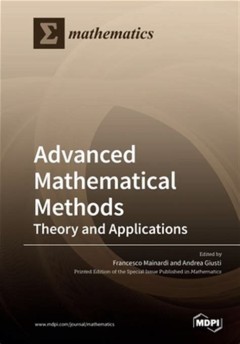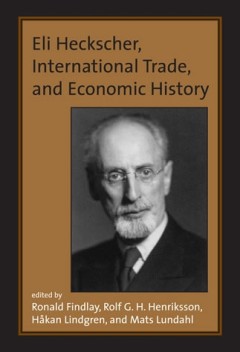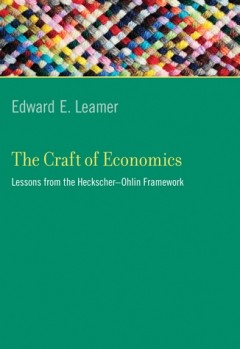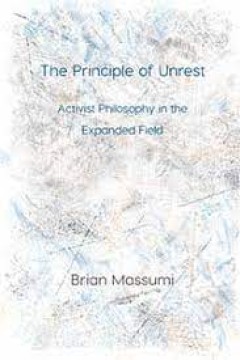Filter by

Advanced Mathematical Methods: Theory and Applications
The many technical and computational problems that appear to be constantly emerging in various branches of physics and engineering beg for a more detailed understanding of the fundamental mathematics that serves as the cornerstone of our way of understanding natural phenomena. The purpose of this Special Issue was to establish a brief collection of carefully selected articles authored by promis…
- Edition
- -
- ISBN/ISSN
- 9783039282463, 9783039282470
- Collation
- 198 hlm; ill., lamp.,
- Series Title
- -
- Call Number
- -

Real-time Linked Dataspaces : Enabling Data Ecosystems for Intelligent Systems
This open access book explores the dataspace paradigm as a best-effort approach to data management within data ecosystems. It establishes the theoretical foundations and principles of real-time linked dataspaces as a data platform for intelligent systems. The book introduces a set of specialized best-effort techniques and models to enable loose administrative proximity and semantic integration …
- Edition
- 1
- ISBN/ISSN
- 9783030296650
- Collation
- XXIII, 325 hlm; ill., lamp.,
- Series Title
- -
- Call Number
- -

Eli Heckscher, International Trade, and Economic History
"The contributors first discuss Heckscher's efforts to forge the discipline of economic history by combining both the historian's careful evaluation of sources and the economist's rigorous models. The Heckscher-Ohlin theory of factor proportions is described and tested empirically. Contributors then apply the theory to historical material, including Mediterranean trade in Biblical times, the ec…
- Edition
- -
- ISBN/ISSN
- 9780262272643
- Collation
- 1 online resource (xi, 560 pages, 8 unnumbered pages of plates) :illustrations
- Series Title
- -
- Call Number
- -

The craft of economics :lessons from the Heckscher-Ohlin framework
In this spirited and provocative book, Edward Leamer turns an examination of the Heckscher--Ohlin framework for global competition into an opportunity to consider the craft of economics: what economists do, what they should do, and what they shouldn't do. Claiming "a lifetime relationship with Heckscher--Ohlin," Leamer argues that Bertil Ohlin's original idea offered something useful though vag…
- Edition
- -
- ISBN/ISSN
- 9780262301589
- Collation
- 1 online resource (ix, 196 pages) :illustrations.
- Series Title
- -
- Call Number
- -

The Principle of Unrest
There is no such thing as rest. The world is always on the move. It is made of movement. We find ourselves always in the midst of it, in transformations under way. The basic category for understanding is activity – and only derivatively subject, object, rule, order. What is called for is an ‘activist’ philosophy based on these premises. The Principle of Unrest explores the contemporary im…
- Edition
- -
- ISBN/ISSN
- 9781785420443
- Collation
- -
- Series Title
- -
- Call Number
- 100 MAS p
 Computer Science, Information & General Works
Computer Science, Information & General Works  Philosophy & Psychology
Philosophy & Psychology  Religion
Religion  Social Sciences
Social Sciences  Language
Language  Pure Science
Pure Science  Applied Sciences
Applied Sciences  Art & Recreation
Art & Recreation  Literature
Literature  History & Geography
History & Geography